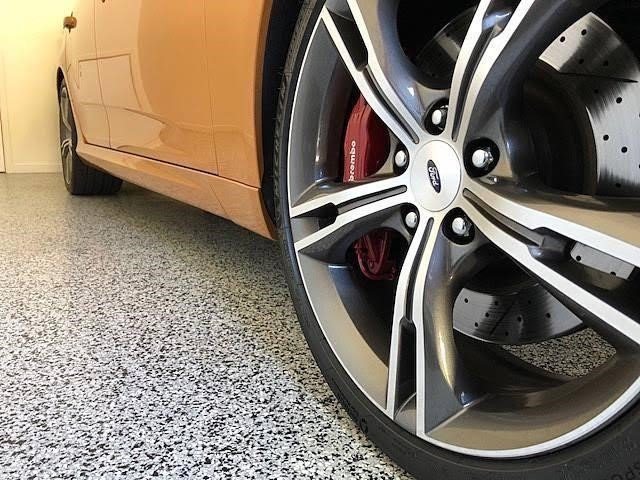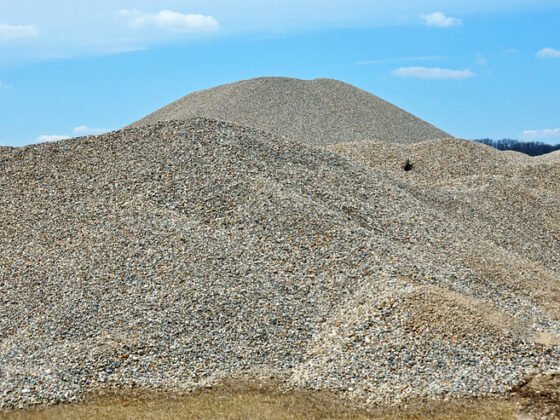Table of Contents Show
While concrete can be a highly functional garage floor option, it’s prone to deterioration and cracking over time from damage and general wear and tear.

Thinking ahead to preserve your concrete floor, or coating it to hide damage and blemishes, will improve its durability, appearance, and strength, which will help you get more from it for longer.
If you’re considering epoxy flooring for your garage, there are some factors to consider as to whether this is the right type of sealant to use, including:
- What end result do you want to achieve?
- What level of surface protection do you need?
Why Seal Your Garage Floor?
Deciding to seal your garage concrete will protect it from damage due to:
- Abrasions from dropped tools and other items
- General wear and tear from age and foot traffic
- Stains, from water such as from plant pots, moisture, and light chemicals
- The sun’s UV rays
All of these make the decision to seal your garage floor a sound one. Next, though, you need to decide what type of sealant to use to do this, based on the result and level of protection you want to achieve.
Read Also:
Concrete Sealant Types
When choosing a type of sealant to protect your garage’s concrete floor, there are two main types, and both have different effects and benefits:
- Penetrating (densifying) sealers
- Topical sealers
1. Penetrating Sealers
Coating your garage floor with a penetrating sealer creates a surface that’s water-repellent, but not completely waterproof. This is because these types of sealants penetrate the concrete’s pores, forming a bond through a chemical reaction with the minerals in the concrete.
This creates a protective barrier that makes the concrete denser, without leaving a surface coating. Spilled liquids and light chemicals will stain the surface, if not cleaned up quickly. Types of penetrating sealers include silicates, silanes, silicone, and siloxanes.
2. Topical Sealers
By comparison, topical sealers adhere to the concrete and create a coating on top of it that forms a hard and durable protective layer. This gives you a much higher level of protection against abrasions, stains, and wear and tear.
Topical sealers are also waterproof and much easier to clean. Types of topical sealers include acrylic, polyurethane, polyurea, and epoxy resin.
What Sealant is Best for My Garage Floor?
When deciding to seal your garage’s concrete floor, you need to weigh up what sealant type will give you the result and level of protection you want. The main benefit of choosing epoxy garage flooring is that it’s a topical sealer that will coat your floor, giving greater overall protection.
Epoxy garage flooring will also mean your surface is waterproof, highly durable, and UV stable because the hard coating stops moisture, liquid, and UV rays from coming into contact with the underlying concrete substrate.
Add in the bonus of it being easier to clean, and available in a range of colors and decorative effects, this makes epoxy garage flooring a solid choice for your concrete floor.
Epoxy Garage Flooring for Your Garage
Garage floors are designed to be low maintenance, functional and long-lasting, but concrete won’t always achieve this long term, especially if exposed to high wear, chemicals, moisture, and damage.
If you’re considering sealing your garage’s concrete floor to improve its appearance, usability, and lifespan, consult with professional epoxy garage flooring experts for sound advice and recommendations on the best approach.









